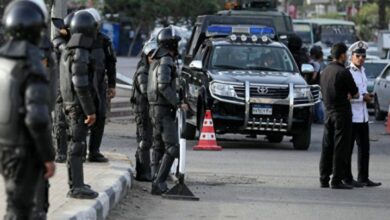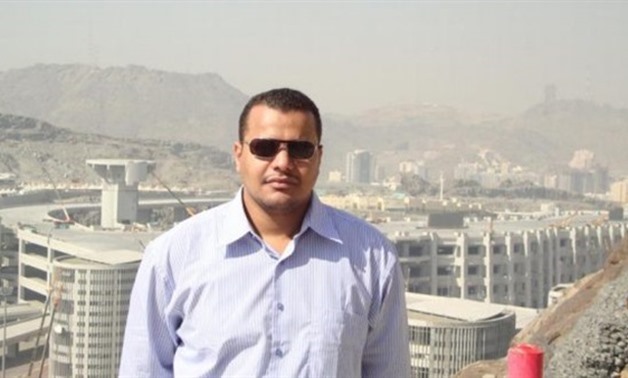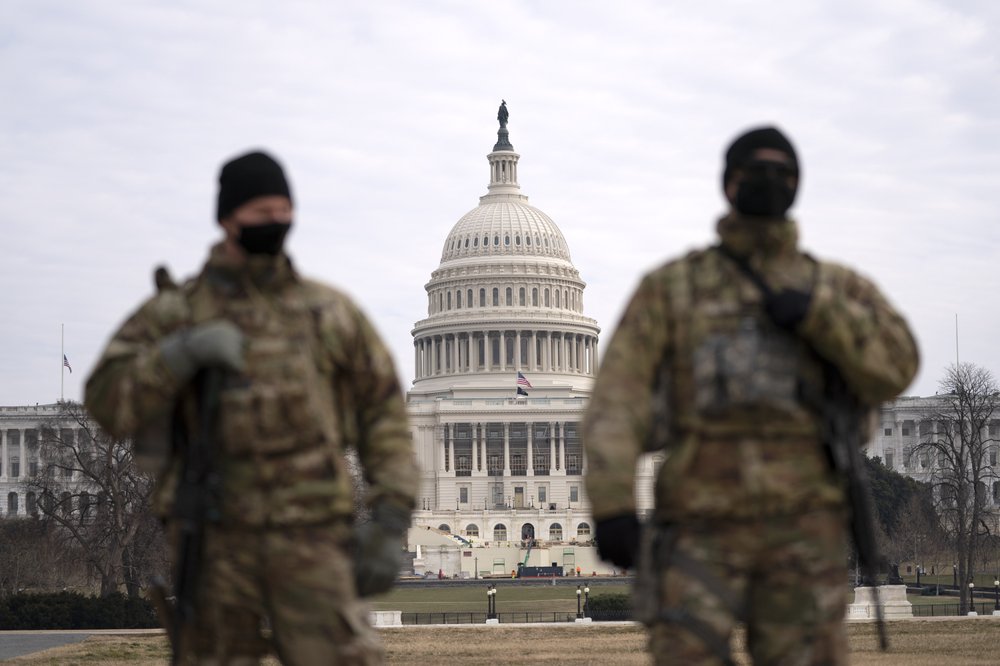In the wake of the recent attack on the Israeli Embassy, the Egyptian government has decided to reinstate the Emergency Law, with amendments that will expand its reach to political demonstrations and media reporting. Independent paper Al-Shorouk’s headline on the issue reads, “Politicians describe the amendments to the Emergency Law as a catastrophe.”
By the end of 2010, former President Hosni Mubarak’s government had officially narrowed the scope of the Emergency Law, making it applicable only to terrorism and drug smuggling offenses. State-run Al-Gomhurriya quotes Supreme Council of the Armed Forces (SCAF) spokesperson Mamdouh Shaheen as saying, “The state of emergency is meant to face organized violence and crime, along with any threat to Egypt’s security.”
Despite the reimposition of the law, Shaheen affirmed that somehow – amid all of the injustice, oppression and violations of human rights that emergency laws have historically afforded Egyptians – that “legal rights of civilians will be observed.”
The vague and expansive new parameters for the Emergency Law is scaring many revolutionaries. “Revolutionaries: A return to a (full) Emergency Law is an assassination of the revolution,” Al-Wafd, the newspaper published by the liberal Wafd Party, headlines.
Former MP and current activist Gamal Zahran says in Al-Shorouk that the return to the Emergency Law is a “planned scenario and grand conspiracy” aimed at allowing an extension of military rule.
The privately owned Al-Tahrir quotes a SCAF source as refusing to say if the Emergency Law will specifically be applied to the parliamentary elections and their surrounding campaigns. He did confirm, though, that the law was “here to stay for awhile.” The source also apparently confirmed with SCAF members that the nebulous military council does in fact intend on handing over power to civilian authorities, despite evidence to the contrary.
Egypt’s flagship state-run newspaper and perennial mouthpiece for the government Al-Ahram does not even bother mentioning the Emergency Law amendments that are likely to drastically shape the political situation in Egypt. The paper does, however, offer insightful and groundbreaking news about Bollywood superstar Amitabh Bachchan’s decision to act for free in Baz Luhrmann’s coming adaptation of "The Great Gatsby."
Al-Ahram also plays a part in promoting a mass demonstration called for by a group called the Civil State Revolution to surround the state TV building. Though the group has 4085 members, Al-Ahram found its plans alarming enough to put on its front page, conveniently at a time when the public is growing weary of mass demonstrations.
The paper also talks to Justice Minister Abdel Aziz al-Guindi about the new election laws. Guindi says that electoral bribery will be a crime, as will using violence to impede people’s abilities to voice their opinions. The paper did not mention, though, if by this assertion Guindi is admitting that bribery and electoral violence were previously allowed.
The trial for those accused of sending thugs to kill demonstrators in Tahrir Square on 2 February, known as the Battle of the Camel, began on Monday. Al-Shorouk says that pro-Mubarak lawyer and former member of parliament Mortada Mansour, was the “star” of the hearing, and Al-Wafd writes that the evidence displayed yesterday implicates many of those on trial. “I didn't commit these stupid acts,” Al-Gomhurriya quotes former National Democratic Party head Safwat al-Sherif, one of the defendants in the case, as saying.
Today also sees the beginning of the university professors' strike campaigning for democratic reform. The wider teachers' strike is continuing, and Al-Tahrir says that 16 million books have yet to reach many of Cairo’s schools. Teachers are still protesting the conditions and wages offered to teachers in the country by the Education Ministry. Many doctors are also on strike.
Al-Shorouk also reports on widespread protests today, especially in government factories and among public transportation drivers who are threatening to paralyze public movement if they are not offered reform within their institutions. An economic report in the paper states that low wages is the major reason behind all of the sectoral demonstrations and strikes.
Turkish Prime Minister Recep Tayyip Erdogan is in Egypt today to look into strategic cooperation between the countries. He is set to meet Essam Sharaf today, Al-Ahram says. In an interview in Al-Shorouk, Erdogan says, “This is the moment (in history) for the people. … The wheels of history will not turn backwards.”
Egypt's papers:
Al-Ahram: Daily, state-run, largest distribution in Egypt
Al-Akhbar: Daily, state-run, second to Al-Ahram in institutional size
Al-Gomhurriya: Daily, state-run
Rose al-Youssef: Daily, state-run
Al-Dostour: Daily, privately owned
Al-Shorouk: Daily, privately owned
Al-Wafd: Daily, published by the liberal Wafd Party
Youm7: Daily, privately owned
Al-Tahrir: Daily, privately owned
Sawt al-Umma: Weekly, privately owned
Al-Arabi: Weekly, published by the Arab Nasserist party




